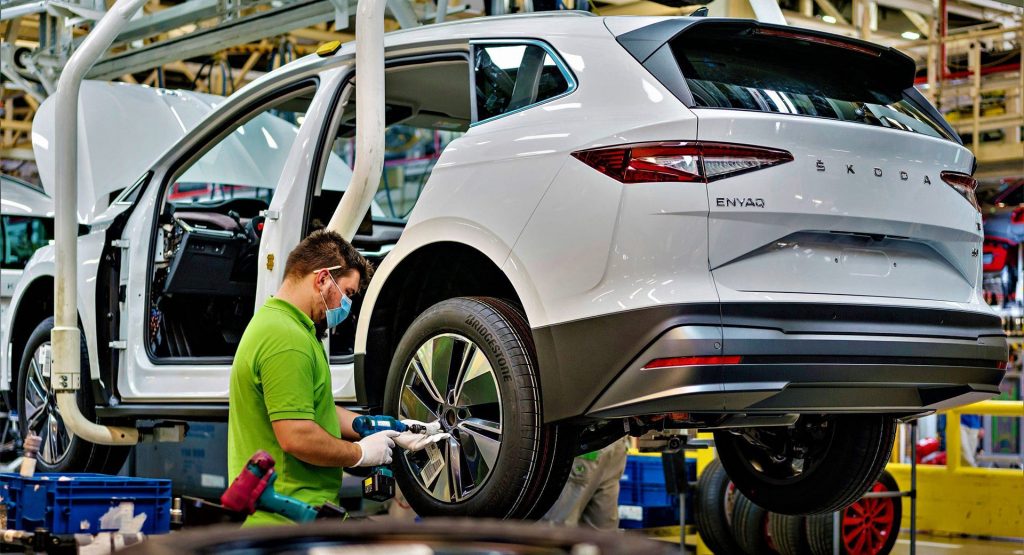The Czech Republic isn’t impressed with a proposal from the European Union to ban the sale of new gasoline and diesel cars by 2035.
While many countries around the world are announcing plans to ban the sale of combustion-powered cars during the 2030s, Czech Prime Minister Andrej Babis has revealed that he opposes this plan.
“We will not agree with the ban on selling fossil-fuel-powered cars,” Babis told local news outlet iDnes. “It’s not possible. We can’t dictate here what green fanatics devised in the European Parliament.” Clearly, Babis isn’t one to mince his words.
Read More: EU Makes Proposal To Ban New ICE Cars By 2035 Official
The Czech Republic will assume the European Union’s rotating presidency in the second half of 2022 and according to Babis, will make the proposed ICE ban topic a priority. He added that the country will support the introduction of the infrastructure needed for electric vehicles but will not subsidize EV production, Auto News reports.
While the Czech Republic is a relatively small country with just over 10 million residents, it has the 16th highest GDP among nations in Europe and is one of the world’s top automotive producers on a per-capita basis. In fact, the automotive industry accounts for almost a third of the Czech economy, with companies including Skoda, Toyota, and Hyundai building cars in the nation.
The European Green Deal would require average emissions of new vehicles to drop 55 per cent from 2021 levels by 2030. Average emissions will then need to fall 100 per cent by 2035, meaning “all new cars registered as of 2035 will be zero-emission,” according to the EU.



